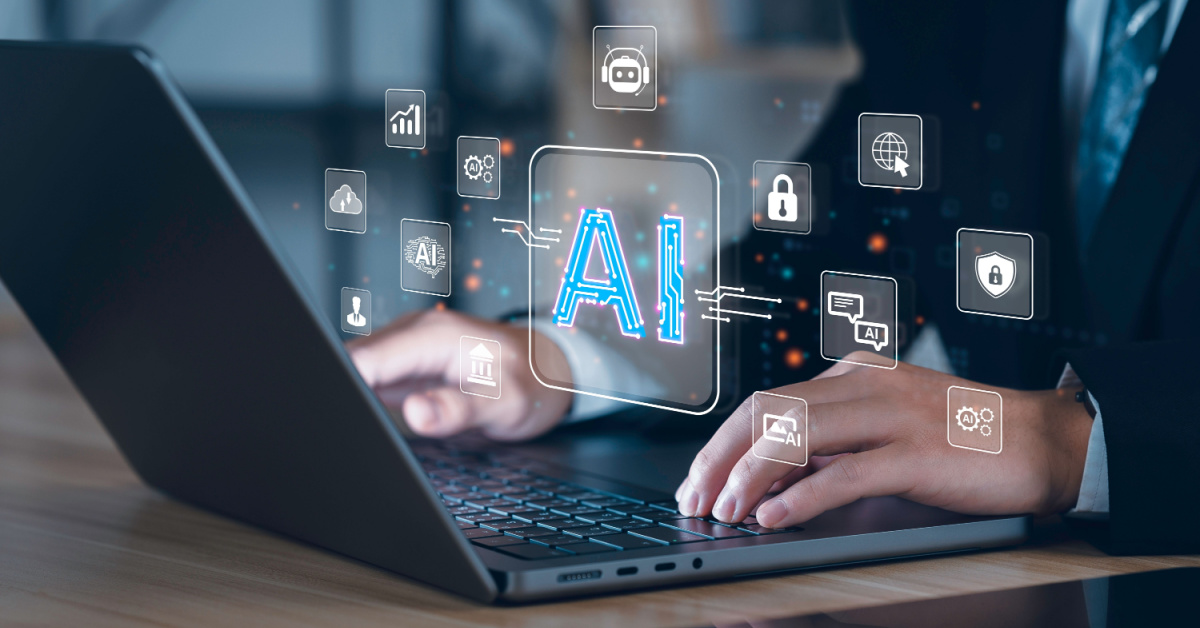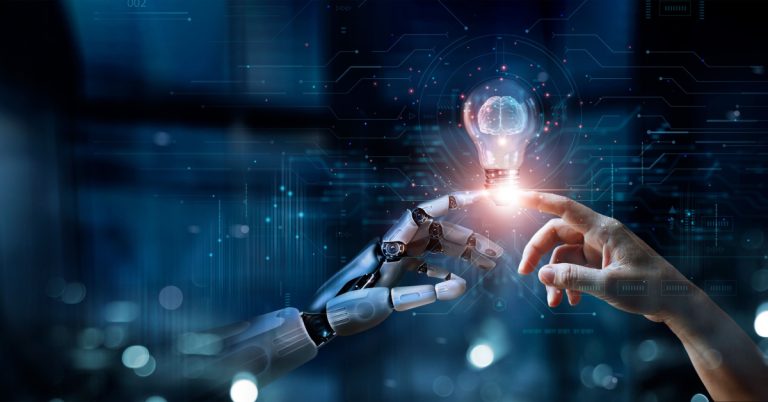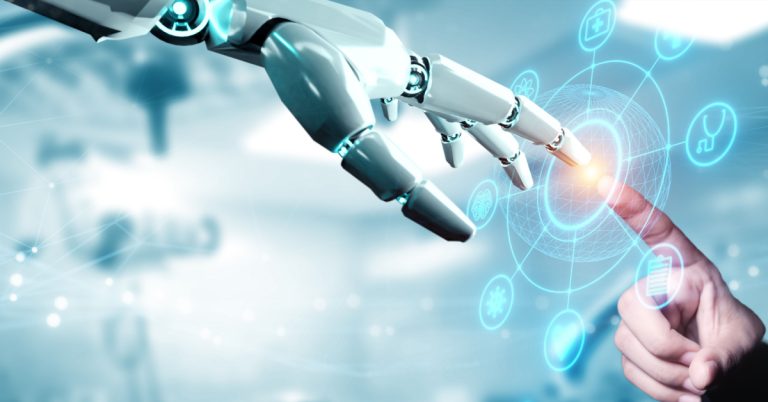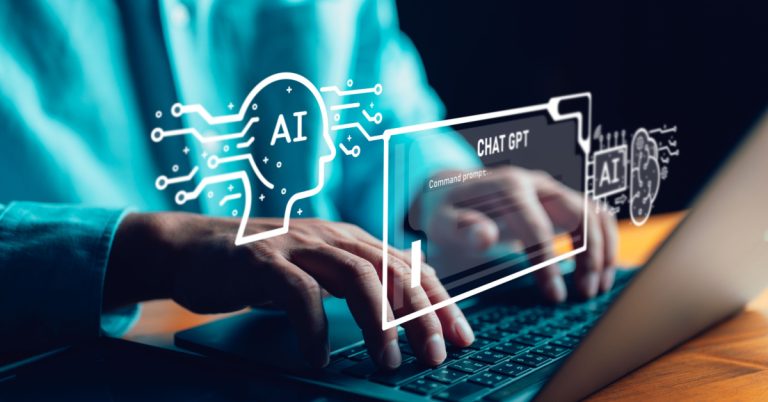AI and Job Automation: Preparing for the Future of Work
In the rapidly evolving landscape of technology, artificial intelligence (AI) has emerged as a transformative force that is reshaping various aspects of our lives, including the way we work. While AI presents unprecedented opportunities for innovation and efficiency, it also raises concerns about the potential impact on employment. The integration of AI and job automation is a topic that demands attention, as it poses both challenges and opportunities for the future of work.
The Rise of AI in the Workplace
Artificial intelligence is already playing a significant role in various industries, from healthcare and finance to manufacturing and customer service. AI systems, powered by advanced algorithms and machine learning, can perform complex tasks, analyze vast amounts of data, and make decisions with speed and accuracy. This capability has led to increased automation of routine and repetitive tasks, resulting in improved efficiency and cost savings for businesses.
Challenges in the Job Market
While the integration of AI in the workplace brings undeniable benefits, it also gives rise to concerns about the potential displacement of human workers. Jobs that involve routine, manual, or data-driven tasks are particularly vulnerable to automation. This shift in the job market could lead to job displacement, requiring workers to adapt to new skill sets and industries. The fear of job loss and economic instability has fueled discussions about the need for proactive measures to address the impact of AI on employment.
Adapting to Change
As we navigate the evolving landscape of work, it is essential for individuals and organizations to proactively prepare for the changes brought about by AI and job automation. Here are some key strategies to consider:
- Skill Development:Workers must invest in acquiring skills that are less susceptible to automation. This includes developing expertise in areas such as critical thinking, creativity, emotional intelligence, and complex problem-solving – skills that machines currently lack.
- Lifelong Learning:Embracing a culture of continuous learning is crucial. Individuals need to stay updated on emerging technologies, industry trends, and evolving job requirements. Online courses, workshops, and professional development programs can facilitate ongoing skill enhancement.
- Collaboration with AI:Rather than viewing AI as a threat, organizations should explore ways to integrate AI as a tool that enhances human capabilities. Collaborative models, where humans and AI work together, can lead to increased productivity and innovation.
- Policy and Regulation:Governments and policymakers play a vital role in shaping the impact of AI on the job market. Developing thoughtful policies and regulations can ensure that the benefits of AI are distributed equitably and that workers are protected during the transition.
- Social Support Systems:The potential disruption caused by AI and automation requires robust social support systems. This includes unemployment benefits, reskilling programs, and initiatives that promote economic inclusivity.
Conclusion
The integration of AI and job automation is an inevitable aspect of the future of work. While it presents challenges, it also offers opportunities for growth, innovation, and increased efficiency. By adopting a proactive approach to skill development, lifelong learning, collaboration with AI, and thoughtful policy-making, we can navigate this transformative period and ensure that the benefits of AI are harnessed for the betterment of society. Embracing change and preparing for the future will empower individuals and organizations to thrive in the era of AI and job automation.





